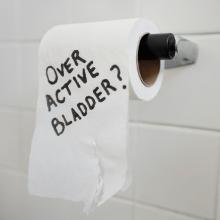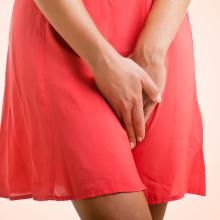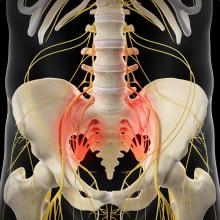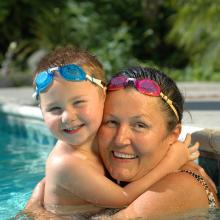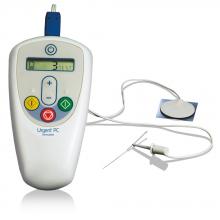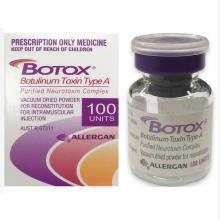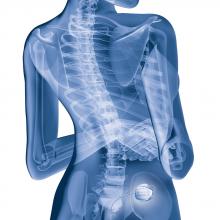Here you can read about overactive bladder including its causes, symptoms and treatments.
What is an overactive bladder (OAB)?
OAB is a group of urinary symptoms that cause the individual to feel a strong and sudden need to pass urine. Despite being a common condition, OAB often causes feelings of embarrassment in those who suffer from the symptoms. A person who suffers from OAB often feels anxious about leaving the house and going to areas where there may not be immediate and private access to a toilet.
Symptoms of OAB
The three major symptoms of OAB are urgency, frequency and nocturia; urgency is the most prevalent and drives the other two symptoms. It can also be accompanied by urge incontinence, or the involuntary leakage of urine just prior to or at the same time as feelings of urgency.
Frequency can develop gradually over time and result in the individual urinating much more frequently than normal.
Nocturia is the excessive need to urinate overnight which can cause significant disruption to sleeping habits.
Assessment of OAB
Assessment of overactive bladder at our Melbourne clinic is not dissimilar to the general assessment for urinary incontinence. Assessment begins with a check of your medical history along with a discussion over your description of the symptoms you are experiencing, including triggers, severity and frequency. This is followed by a physical examination into a possible cause of the symptoms and appropriate tests and investigations—bladder surgery may be required to treat complex cases.
Causes of OAB
OAB is caused by an abnormality in the nerve that sends signals to the bladder and the bladder muscle. This abnormality causes excessive signals to be sent to the muscle, which in turn contracts regardless of whether the bladder is full or not.
The majority of OAB cases occur in individuals who do not suffer from a defined or identifiable neurological abnormality but the bladder nerve pathways are not functioning properly. Old age, prostate problems, neurological disorders and menopause are all risk factors for OAB.

